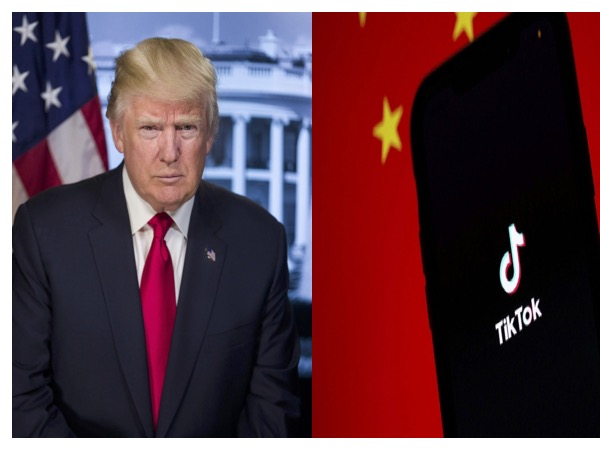Newsom Defeats Republican Field To Remain Governor After Lengthy Recall Battle

California Governor Gavin Newsom. Photo by Gage Skidmore, courtesy of Wikimedia Commons; CC BY-SA 2.0.
September 17, 2021
California Governor Gavin Newsom survived a recall election on Sept. 14, winning more than 63 percent of the vote to secure his tenure through January 2, 2023.
Voters faced two questions on the Republican-forced recall vote: Should Governor Newsom be recalled from office, and who, among the 46 possible candidates, should succeed Newsom in the event that he would fail to reach the threshold of 50 percent support? After only 31 percent of voters supported the recall, Newsom celebrated a resounding victory – making the second question moot.
“‘No’ is not the only thing that was expressed tonight,” Newsom said late Tuesday as he thanked Californians for his win. “We said yes to science. We said yes to vaccines… We said yes to women’s fundamental, constitutional right to decide for herself what she does with her body and her fate and future.”
The most prominent candidates running against the governor included Larry Elder, a nationally syndicated conservative radio host; Kevin Faulconer, a former mayor of San Diego; John Cox, a multimillionaire who made his fortune in real estate, and Caitlyn Jenner, an Olympic gold medalist and reality television star. The leading contender, Elder, garnered 47 percent of the “Yes” votes, leaving Faulconer with 8.6 percent, Cox with 4.4 percent and Jenner with 1.1 percent.
In 2018, Newsom won the governor’s race with nearly 62 percent of the vote. His popularity waned during the pandemic as some voters rebuked him over mask restrictions, a $2 billion state unemployment benefits fraud, and, perhaps most notably, his widely publicized night dining out maskless at the high-end French Laundry restaurant in Napa.
The special election was triggered in March of this year after 12 percent of the state’s registered voters signed a petition to recall the governor. The process has cost California taxpayers $275 million. According to a survey conducted by the Public Policy Institute of California, 86 percent of voters agreed with citizens’ basic right to recall an elected official. However, more than two-thirds of voters, or 69 percent, called the special election a waste of money.
With nearly nine out of 10 eligible Californians registered to vote – the highest rate since 1952, according to the PPIC in California’s Likely Voters– this week’s election was expected to drive many people to the polls. And as California faced wildfires, an inability to contain the coronavirus, and increased homelessness, Newsom and his political advisors focused on the opposition.
Democrats attempted early on to frame the recall as a referendum on the Republican Party and Trumpism, but their appeal didn’t immediately ignite the Democratic Party base. The recall campaign gathered steam, and it was only after Elder, an outspoken Trump supporter, entered the race that Democrats rallied into action. President Biden and Vice President Kamala Harris visited California in the final days of the race, and former President Barack Obama hit the airwaves with multiple campaign ads.
Dana Williamson, a top advisor to former California Gov. Jerry Brown, said, “Larry Elder handed [Democrats] so many gifts on a platter. He is literally the antithesis of most California voters.”
Rather than hold an election night party, Newsom struck a somber tone, saying, “Tonight I’m humbled, grateful, but resolved.”








































































